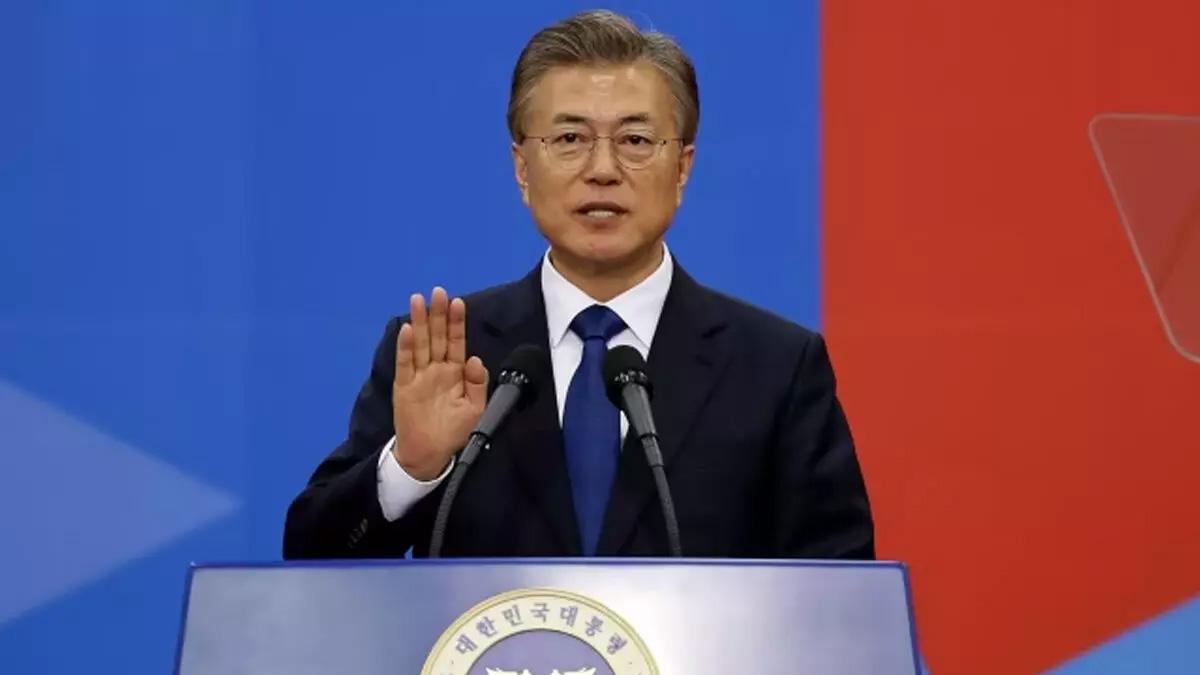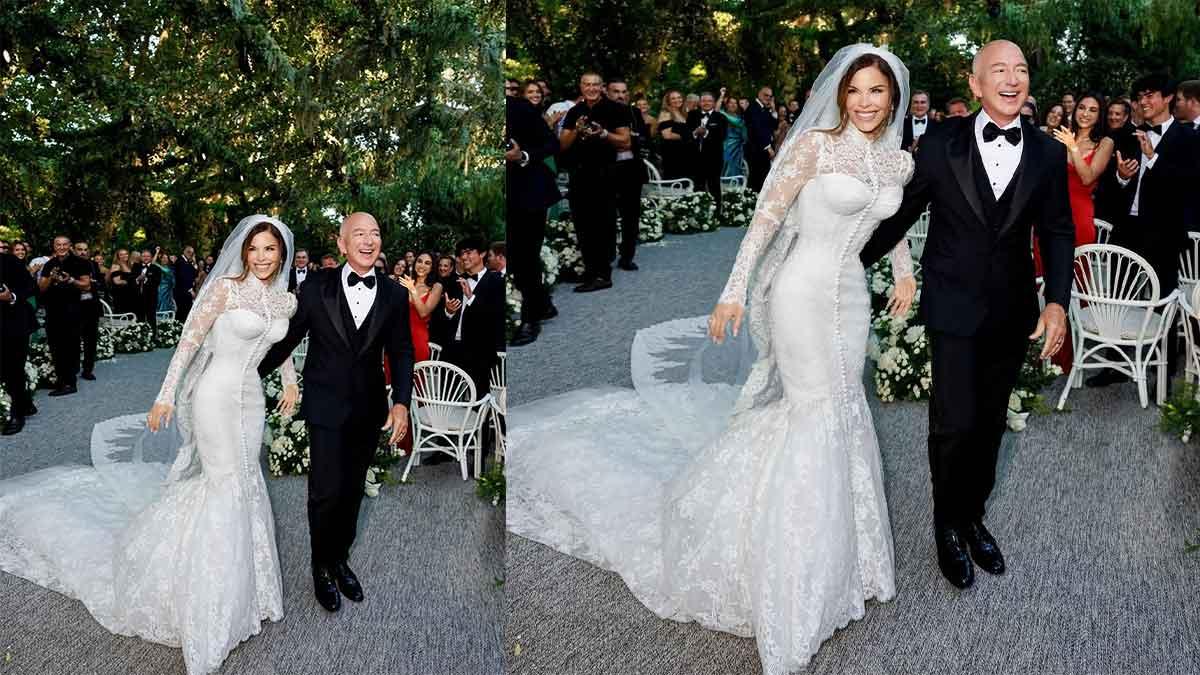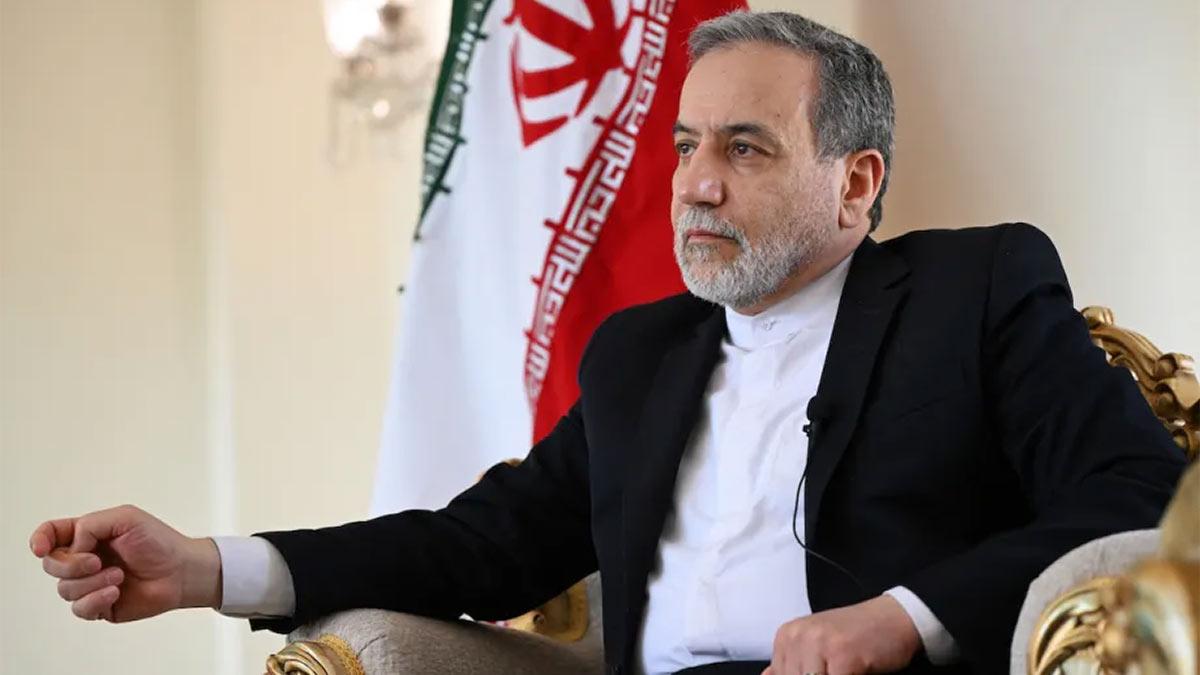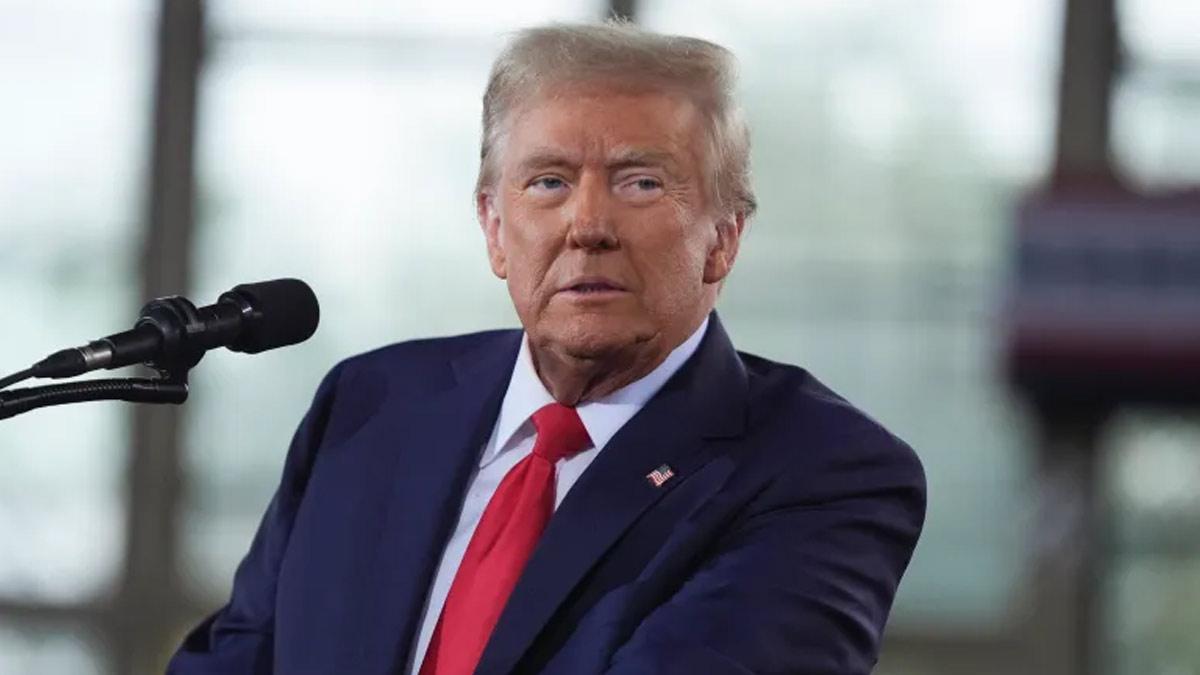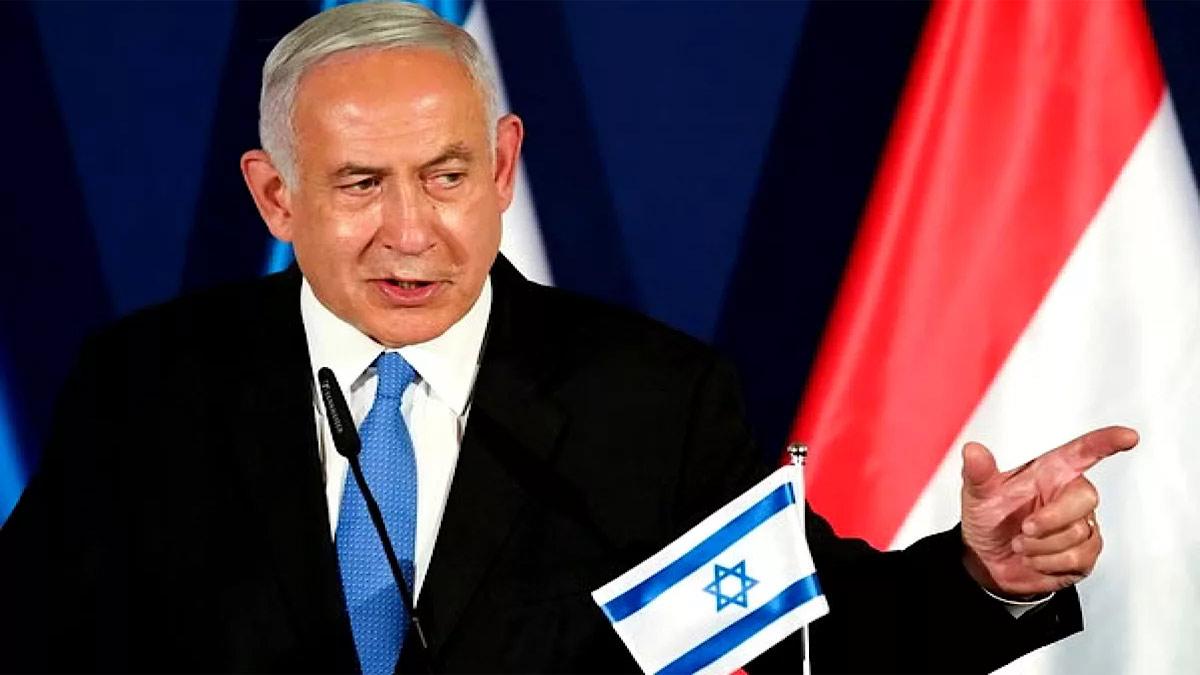During the historic summit in Singapore between then-President Donald Trump and North Korean leader Kim Jong-un in 2018, former South Korean President Moon Jae-in was notably not part of it. According to Morgan Ortagus, who served as the spokesperson for the US State Department from 2019 to 2021, this was intentional. Ortagus wrote about this decision in her chapter, "An America First Approach to US National Security," in a book published by the America First Policy Institute.
Ortagus said that the US was just making sure that first and foremost, it would put its interests above all others. This, she said, was what she termed "America first foreign policy in action." She emphasized that while the US values its alliances, there are times when the country needs to be independent to protect its interests. Excluding Moon, she added, was because he was seen as one who would be too willing to make concessions to North Korea, contrary to the tougher posture the US would want to adopt.
That historic summit ended with a document that said the North and the US would work toward the "complete denuclearisation" of the Korean Peninsula and build a long-term peace regime. Ortagus said that in spite of Moon's stance, the Trump administration pushed its hardline stance on North Korea, proving that peace can be had through strength.
Ortagus credited Trump's personal diplomacy with Kim Jong-un as an indication that an America-first foreign policy works. She recalled how Trump at one point in 2017 was all fired up in rhetoric against North Korea, but this provided a way for both countries to work toward summits like Singapore.
She also attacked President Joe Biden's foreign policy and took issue with his administration's failure to take a tough stance on North Korea's expanded missile program. She questioned why Biden's administration has not conducted any bilateral diplomacy with North Korea, as opposed to Trump.
Ortagus also talked about South Korean President Yoon Suk Yeol's reaction to North Korea's changing threats, including his remark that South Korea may need to consider going nuclear. She indicated that such statements by Yoon led to a re-examination of US ties with South Korea and Japan, culminating in summits reaffirming commitments to defense.
In a separate chapter written by Stephen Yates and Adam Savit of AFPI, the role of the US Forces in Korea was also highlighted as essential to deter even the remote possibility of threats from China. These forces, together with South Korea's strong military, act as a vital deterrent to aggression from North Korea and to any potential interference from China in the region, such as on Taiwan.
Formed in 2021, the America First Policy Institute works to advance Trump's policy agenda. It consists of former senior officials from his administration dedicated to furthering America's interests abroad.
Read also | UNGA votes to override US veto and elevate Palestine's observer status to special

